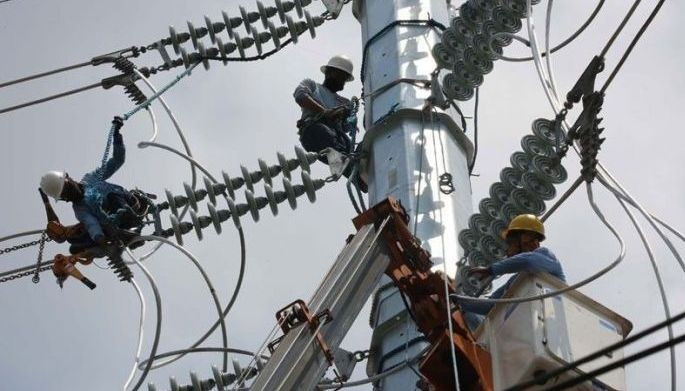Will Philippines be part of the world global recession? All ready the tremors are spreading in Europe after a bank run in Switzerland, and soon Germany, bastion of EU economic strength
But my view and view of many is that Philippines will be unaffected by these events:
1. We will be unlike Pakistan, who is soon to be predicted to be bankrupt (we have a more stable leadership, BIR collect taxes) Definitely not like Sri Lanka
2. We will not experience the hyper inflation of Venezuela (we will soon if we continue being a welfare state, engage in war, or massive unabated infra projects)
3. We willl not experience UK difficulties ie that of inflation and woes brought about by Brexit (Imagine happening to what used to be the richest countries in the world . This happens not only to countries but to individuals This happened to a distant uncle who used to own two big major subdivision, could not even pay for his funeral. His daughters and sons impoverished him
Philippines has large domestic population which can sustain consumer demand Our monetary system is sound, fiscal policies are in place. Despite occasional news about corruption and crimes, our peace and order is way above the norm. Our Pres has a high rating
What worries us is the huge foreign borrowings . We have $100 B bank reserves though.
If our BPO and OFW remittances hold out in 2023, we will not suffer. We see huge cap ex outlay of many of the Zillionaires in the country MVP for instance continues to buy hospitals, investment in health care.
We have bright execs and expatriates who caused boom in Indonesia, Vietnam and rest of Asean.
Everything will be bright and all right for the Philippines


